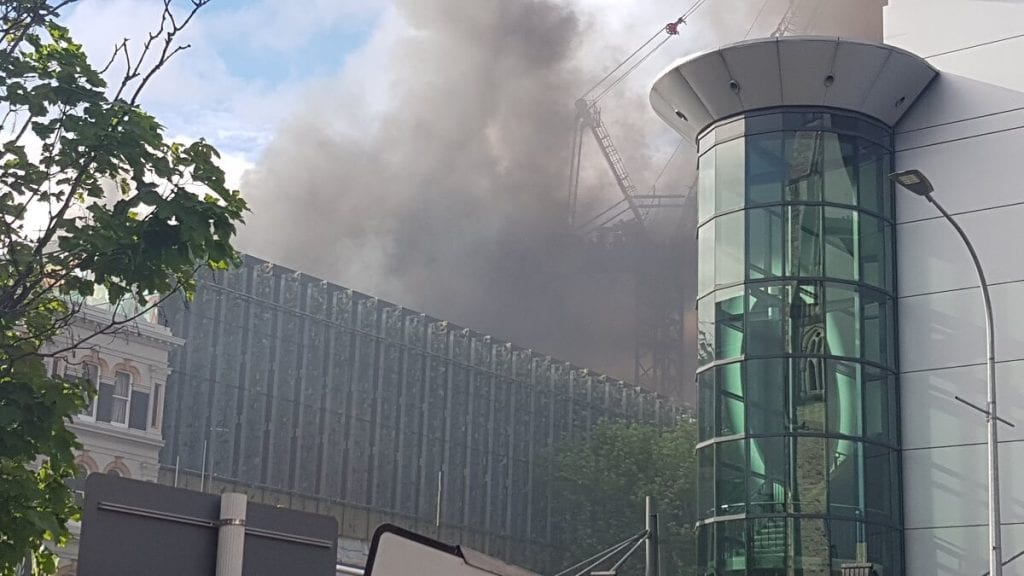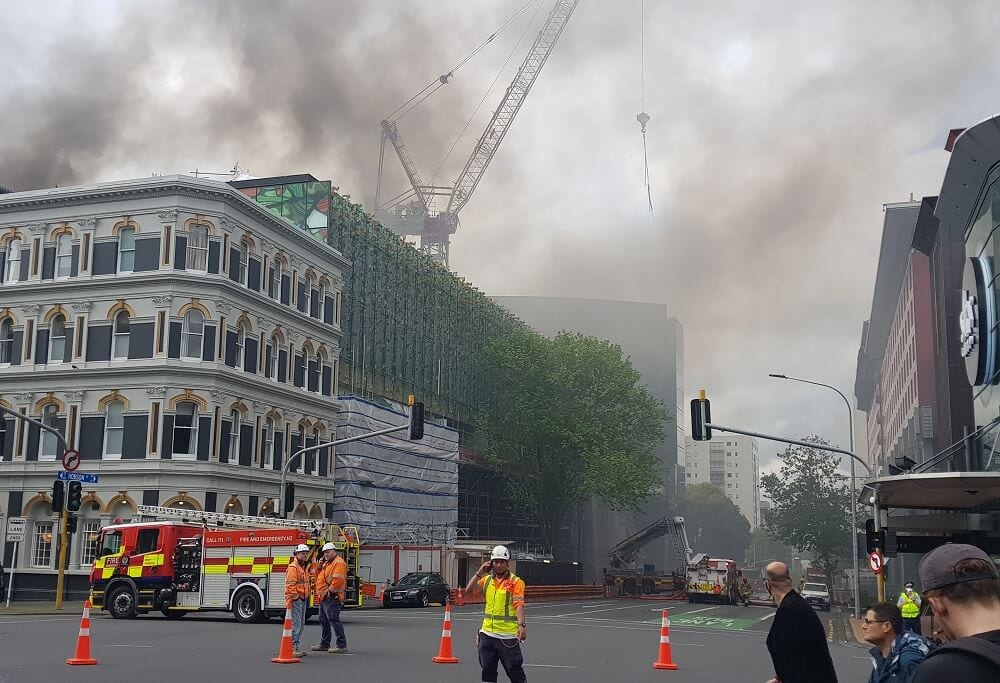With the recent Sky City Convention Centre fire a hot topic (ha ha) now is a good time to highlight the expectations insurers generally have around hot work claims.
What is it?
Hot work is the use of welding, brazing, cutting, grinding, blow lamps, burning off or other flame or heat operating equipment. It is governed by NZS 4781, which is the relevant New Zealand Code of Practice for protecting people and property from the hazards that can arise from hot work activities (Google: NZS 4781).
Most insurers will assess any hot work-related event against this standard. Failure to comply with it could result in your claim being declined.
Public Liability Insurance
These typically include a hot work exclusion, with cover then brought back in again but subject to specific obligations/limits. In one example, you’ll be covered as long as you:
- comply with NZS 4781;
- comply with the conditions of any specific hot work permit and
- take all reasonable steps to minimise the risk of loss.
Depending on your occupation or the type of activity you perform, your policy may include further specific limitations or exclusions, a higher excess and a maximum limit to the amount you can claim (which could be lower than your headline policy limit).
The policy may also have a specific definition of what they consider hot work to be, so check that in your policy.

Contract Works Insurance
A contract works insurance policy may not specifically refer to hot work, but it will always require you to take reasonable care to avoid circumstances that could result in a claim. This includes not acting in a reckless or grossly irresponsible way. If a claim is made you could expect them to check very closely if you have complied with NZS 4781. Failing to do so could be grounds to decline your claim.
Good Practice
NZI has produced a helpful guide to minimising your hot work fire risk (click here to download it). Among other things it suggests:
- Use hot work permits to manage the on-site area
- Identify and remove any flammable materials or other fire hazards from the area if possible, including sweeping floors.
- Wet down the immediate area if practical
- Use guards to confine heat and protect fire hazards that can’t be relocated
- Nominate a “fire watch duty” and assign responsibilities to people for overseeing the work
- Conduct checks afterwards to check for hotspots
- Make sure a hose or extinguisher is immediately available
- Train operators to perform the work safely
In a Nutshell
Insurers are hot on hot work, so if you have a claim related to this you can expect they will look at it very closely. Make sure you’re complying with the appropriate NZ Standard and taking all the right precautions, including risk minimisation and operator training.



